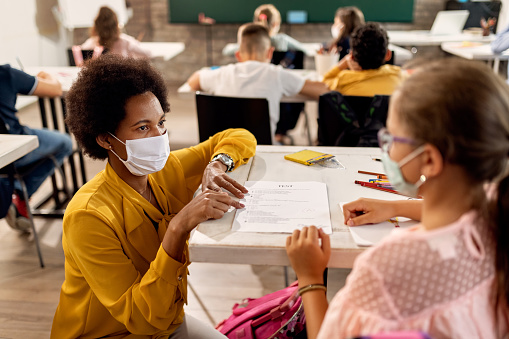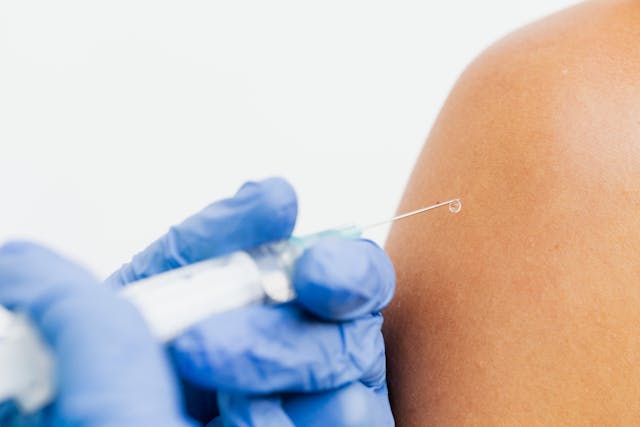
Use of Face Masks does not Impair Breathing
Face masks have been advised as the protocol during the pandemic. Many persons complain of an uncomfortable feeling; of not being able to breathe properly when wearing the masks for prolonged periods. But studies reveal that the regular face mask does not cause any restriction in the flow of oxygen to the person’s lungs. Even in the cases of persons with severe lung impairment, there is no restriction in airflow.
A test was conducted to study the effect of face masks on breathing patterns. 15 military veterans with considerable lung impairment and 15 healthy doctors participated in this test. They were asked to wear face masks for 30 minutes. Then they had to go for a 6-minute fast-paced walk. The effects on the gas exchange were observed. The blood levels of oxygen and carbon dioxide were measured before and after the test. Despite wearing face masks, there was no significant change in the measurement of gas exchange for both sets of people.

The discomforts associated with wearing of face masks could be attributed more to inhaling warmed air and perceived feeling of claustrophobia. The discomfort was more due to neurological reactions causing anxiety. The mind can play a role even in an unconscious function such as breathing. When we exhale with the mask on, the spectacles get fogged up. We might then end up hyperventilating with shallow abnormal breathing. This can often result in breathlessness and dizzy episodes. We might also hypoventilate – with shallow slow breaths. This can lead to a feeling of air insufficiency.
But there were no scientific concerns about the prolonged wearing of face masks. In fact, it was a proven practice to reduce the spread of the coronavirus, even from asymptomatic people.
Coronavirus can survive on human skin for nearly nine hours
As per the latest study, the coronavirus can survive on human skin for a long time; if left undisturbed. The study was conducted on cadaver skin that was set aside for skin grafting. Typical Influence A virus did not survive more than 2 hours on human skin. In contrast, the novel coronavirus could survive nearly 9 hours; when undisturbed. But, using a hand sanitizer with 80% alcohol content was effective in making the virus inactive. The practice of thoroughly washing the hands for about 20 seconds with soap and water or using an alcohol-based sanitizer was very effective.
Coronavirus and Sleep Apnea
As per a study conducted in Finland, persons with obstructive sleep apnea (OSA) have higher risks of hospitalization when suffering from Covid-19. OSA is often linked to hypertension, heart disease, and obesity. While the chances of infection remain nearly the same for persons not suffering from OSA and those who do; those with OSA had more risk factors.


